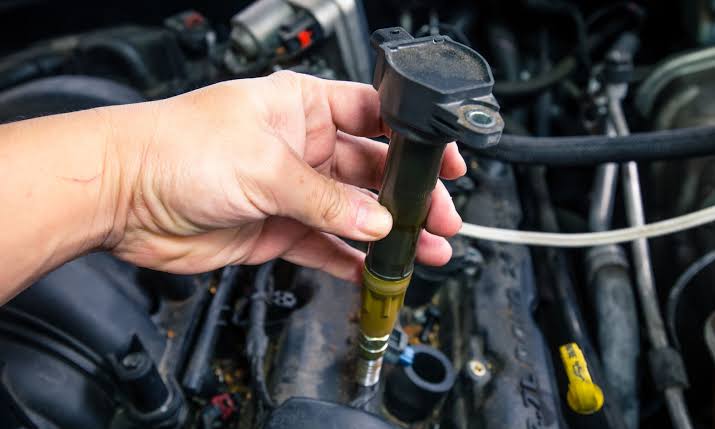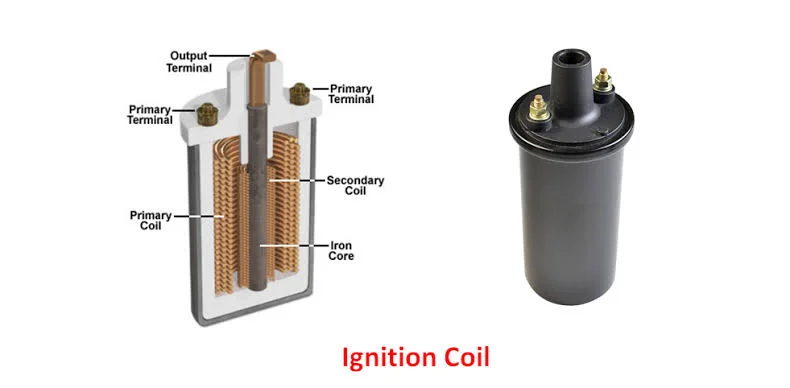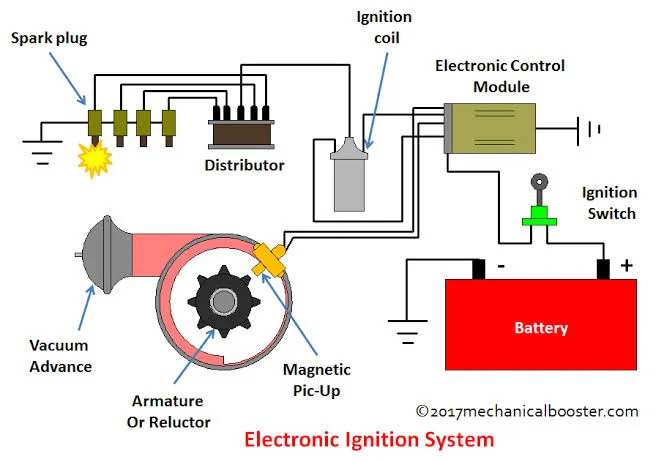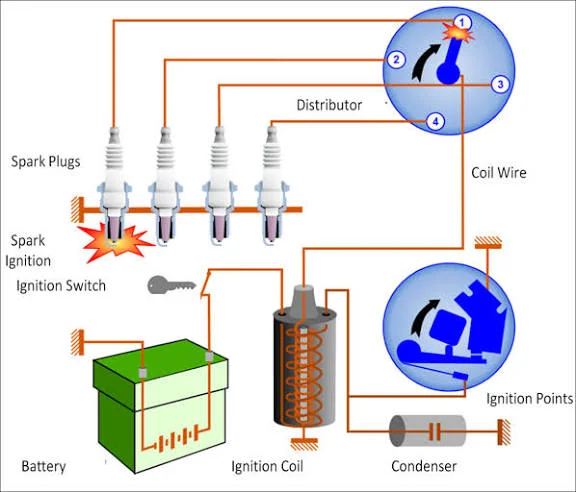A $214 ignition coil repair becomes a $1,356 catastrophe faster than most drivers realize. According to CarMD's 2021 Vehicle Health Index, which analyzed over 17 million repairs nationwide, catalytic converter replacement ranked as the most common check engine repair for three consecutive years.
Here's the kicker: most catalytic converter failures stem from ignored ignition coil problems that cost a fraction of the price to fix.
"My car still gets me to work," drivers tell themselves as their engine coughs and stutters through morning traffic. What they don't realize is that every misfire sends unburned fuel straight into their exhaust system, where it ignites inside the catalytic converter like a blowtorch. Within minutes of continuous misfiring, that precious metal-packed converter overheats and sustains permanent damage.
The math is brutal. Standard Motor Products, a leading ignition component manufacturer, reports that engine misfires from faulty coils cause unburned fuel to enter the exhaust system and ignite within the catalytic converter, leading to expensive repairs. Industry data shows the average ignition coil replacement costs $214, while catalytic converter replacement averages $1,356 according to CarMD Vehicle Health Index.
How One Weak Coil Destroys Multiple Systems
Your ignition system operates like a perfectly timed symphony. Each coil transforms your battery's 12 volt current into thousands of volts needed to fire spark plugs. When one coil weakens, it creates a cascade of failures that automotive professionals call “the chain reaction.”
Here's what happens in real-time: A weak coil fails to provide adequate spark. The cylinder misfires, leaving raw fuel unburned. That fuel travels through your exhaust system and ignites inside the catalytic converter, which reaches temperatures exceeding 1,400°F during normal operation! The converter overheats, its honeycomb structure melts, and exhaust flow becomes restricted.
"I figured it was normal wear and tear," explains one driver whose 2007 Honda Accord needed both coil and converter replacement after 50,000 miles of ignored misfires. The repair bill: $1,800.
The domino effect doesn't stop there. Extended misfires stress other engine components, potentially causing spark plug failure, oxygen sensor damage, and even powertrain control module issues. What started as a $100 coil replacement becomes a multi-thousand-dollar nightmare.
Early Warning Signs Most Drivers Miss
Professional technicians recognize ignition coil failure symptoms that everyday drivers often dismiss as "normal aging." Watch for these specific indicators:
- Engine misfires during acceleration. Your car stumbles or jerks when you press the accelerator, especially noticeable during highway merging or hill climbing. This isn't normal wear, it's your coil crying for help.
- Rough idle with vibrations. Sitting at traffic lights becomes uncomfortable as your car shakes and vibrates. "The engine feels angry," one client described it. That anger translates to unburned fuel heading straight for your catalytic converter.
- Sudden power loss while driving. Nothing terrifies drivers more than losing power in traffic. A failing coil can cause complete cylinder shutdown, reducing your engine's power by 25% or more instantaneously.
- Poor fuel economy that worsens weekly. When coils weaken gradually, fuel consumption increases as your engine compensates for incomplete combustion. Drivers often blame gas prices while ignoring the real culprit.
The check engine light illuminates, but here's what most don't know: modern engines can mask coil problems for weeks before triggering warning lights. By then, damage has already begun.
The $25 Prevention vs. $3,000 Disaster
Here's automotive reality: ignition coils don't fail overnight. They weaken gradually, giving you weeks or months of warning signs. Smart drivers recognize these signals and act before the chain reaction begins.
Professional diagnosis costs between $100-150 at most shops. A simple OBD-II scanner can identify misfiring cylinders, pointing directly to problematic coils. Quality ignition coils range from $35-300 depending on your vehicle, with labor adding another $50-100.
Compare this to catalytic converter replacement: $1,356 average nationally, with luxury vehicles reaching $3,000 or more. Premium vehicles with multiple converters can exceed $5,000 for complete replacement.
"Prevention costs dollars; repairs cost thousands," automotive technicians repeatedly tell customers. Yet industry statistics show most drivers wait until complete failure before seeking help.
The CarMD data reveals another troubling trend: vehicles from model years 2005-2008 show the highest catalytic converter failure rates, directly correlating with the age when ignition coils typically weaken.
Regional Variations and Professional Recommendations
Repair costs vary significantly by region, with Western states averaging $406 for check engine repairs compared to $366 in the Midwest. However, the underlying problem remains consistent: ignored ignition coil issues create expensive cascading failures regardless of location.
Professional technicians recommend replacing ignition coils every 60,000-100,000 miles during scheduled maintenance, before problems develop. This proactive approach prevents the chain reaction entirely and maintains optimal fuel economy.
For vehicles showing early symptoms, immediate diagnosis prevents catastrophic damage. Every mile driven with a misfiring coil increases repair costs exponentially. The unburned fuel doesn't disappear, it accumulates in your exhaust system, creating internal damage that compounds daily.
The bottom line: your ignition coil's health determines your engine's future. A $214 investment today prevents a $1,356 disaster tomorrow. As automotive professionals consistently warn, the chain reaction starts silently but ends expensively. Don't let a weak ignition coil leave your car dead in traffic when prevention costs less than most monthly car payments.




Comments (0)
Please login to join the discussion
Be the first to comment on this article!
Share your thoughts and start the discussion